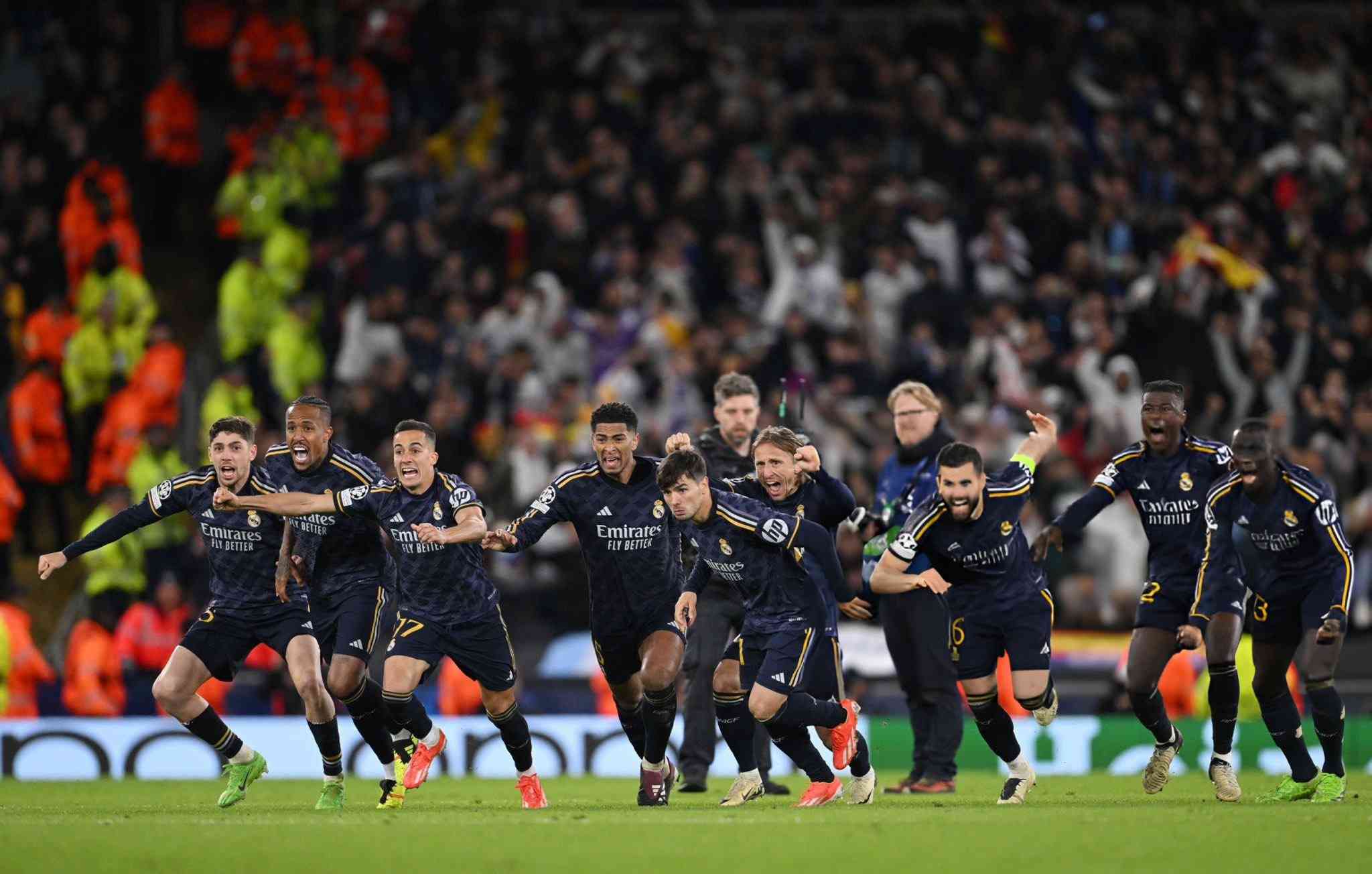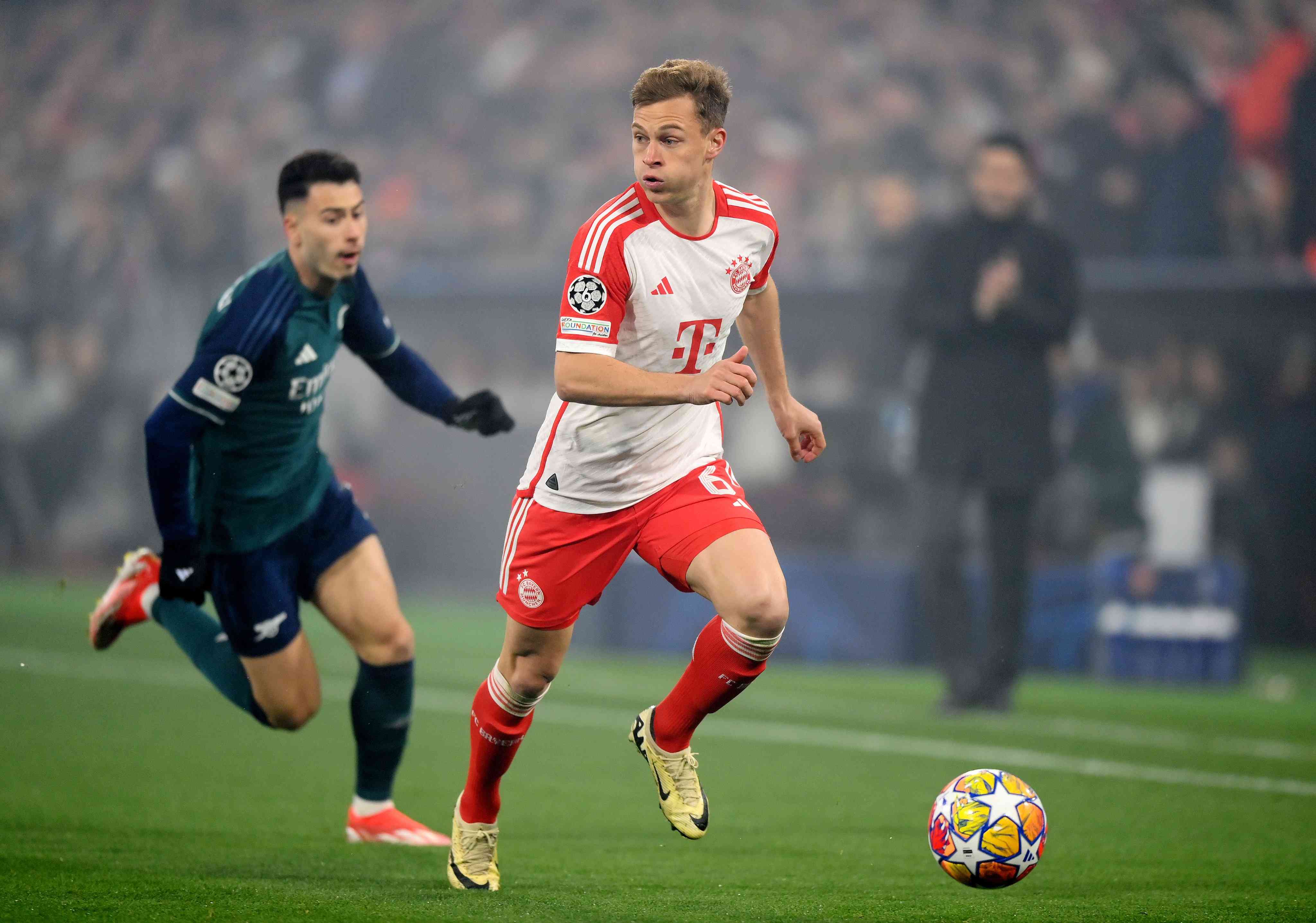Let’s start from the conclusion and then we can fill in the details as we go along: Harambee Stars, comma, will not qualify for the FIFA World Cup in Russia in 2018 and in Qatar in 2022 because Kenyan football is going nowhere. Period. The other day, I came across an article that read as if it had been written by a pro-establishment lawyer because it was being economical with lies just to massage some big guy.
Actually, it was written by a pro-establishment lawyer since it was ingratiatingly unctuous and went on and on about cheering on Harambee Stars, Kenya’s deader than a dodo national football team, in the next FIFA World Cup. No matter how young they are, some of Kenya’s pro-establishment lawyers are very optimistic in a senile way. They are also easily excitable and juvenile, nay, childlike — and they give millions whose certificates are held up in public schools hope that they can become advocates of the High Court of Kenya without setting foot in law school.
How any one, more so a lawyer, can write that Harambee Stars can be cheered on during the next FIFA World Cup which is just a mere four years away, is unfathomable — asinine, ignorant, plain stupid and pusillanimous as it proves Kenyans lack the courage to accept the truth. Here it is: Kenyan football in general and the national football team in particular is deader than a doornail and it will take more than a generation for it to even leave a speck in continental competitions. Fine, in 2013, Kenya won some regional tournament in which non-FIFA members do participate, but that is not even a stepping stone to anything because viable development programmes are lacking right from the grassroots level.
But even before standards are lowered to the grassroots level, just look at the current state of the national team which early in the week played to a barren draw with Burundi — Burundi, people? — in a friendly where Kenya’s captain received a red card. For a start, let’s look at the kit. What do, as in the name of the kit supplier, the national team players wear? Days before the German national team played in the finals of the 2014 FIFA World Cup, two million of the national team’s identifiable and official replica jerseys that are supplied by sportswear manufacturer Adidas were bought by fans.
Since they were sold, a percentage of the proceeds went to the national federation and ideally trickled down the system and seeped in to the established football development structures. So, where are the structures in Kenya’s football system, what colour is the national team’s jerseys, what is the name of the kit supplier, how much was the deal between the federation and the supplier worth, when was it signed and where can the replica kits be bought?
It is easier for Kenya to win the African Cup of Nations if it is held tomorrow than it is to get answers to those questions. That in itself is proof of the systematic rot in Kenya’s football entities which ensure that in Kenya, football just generates hubris and is not anything that can be cheered on even in the 2030 World Cup.
Preparing for the World Cup is never an event where air tickets are doled out, but a process that starts from the grassroots so to write, where ability is identified, talent is spotted and selected and nurtured through a structured system involving proper management and tournaments where players continuously hone their skills.
The process sees them participate in age-defined local and international tournaments representing clubs and country before ever getting selected to the main national team which in this case would be the rudderless and undisciplined Harambee Stars.
Also, there is a coach. A professional who is respected enough to be regularly paid for his services by football administrators who do not act like they should be visiting children’s hospitals to seek medical care to be treated for seizures which they get whenever their erratic decisions and financial transactions are questioned.
That German team which won the 2014 FIFA World Cup was a part of an elaborate plan that is built right from clubs’ youth academies which operate by the rules set by the national federation over a decade ago after a poor showing in a continental tournament. Well, where are Kenya’s football clubs or what levels of management do they operate? Oh, is it even legal to use the word management and Kenya’s football clubs in the same sentence?
Football clubs in Kenya are like makeshift structures by the roadside or in abandoned quarries where people know about them, but get nothing from them. All the so-called clubs represent nothing that clubs should represent or own. The problem is that Kenyans are in denial and they love it. They detest being the best and always compare themselves with the worst. Kenyans think that if what they call football matches are broadcast Africa-wide then football is growing because the underemployed and overly exploited young men receive peanuts some of which came from the “official” broadcaster via the brokers who think they are taking Kenyan football to greater heights.
In which meaningful and respectable football league and in which country with a well-managed federation do commentators and analysts earn more than footballers and how many international trophies, nay, matches, has that country won? Then there is the media, or specifically sports journalists. It is safe to say Kenya used to have sports journalists, but the factory that used to produce them closed shop.
But for argument’s sake, we can write they exist, and so, Kenya’s venal sports journalists — with their limited vocabulary in which every tournament from cricket to golf and tennis — kick off, have been numbed in to believing that writing boring football match reports equals taking the game to greater heights.
To be fair to my professional colleagues, they just form a section of the societal morass whose legal tender is corruption, with the currency of transaction being indolence which has been broken down in to units of mediocrity, arrant idiocy and sycophancy so that it can easily permeate all the levels of governance and economy.
Stay informed. Subscribe to our newsletter
Unfortunately, football is one of those levels and it will remain there for a long time because the dummies tasked with running football affairs are beneficiaries of political expediency and are happily living off the rotten corpse of Kenyan football.
 The Standard Group Plc is a
multi-media organization with investments in media platforms spanning newspaper
print operations, television, radio broadcasting, digital and online services. The
Standard Group is recognized as a leading multi-media house in Kenya with a key
influence in matters of national and international interest.
The Standard Group Plc is a
multi-media organization with investments in media platforms spanning newspaper
print operations, television, radio broadcasting, digital and online services. The
Standard Group is recognized as a leading multi-media house in Kenya with a key
influence in matters of national and international interest.
 The Standard Group Plc is a
multi-media organization with investments in media platforms spanning newspaper
print operations, television, radio broadcasting, digital and online services. The
Standard Group is recognized as a leading multi-media house in Kenya with a key
influence in matters of national and international interest.
The Standard Group Plc is a
multi-media organization with investments in media platforms spanning newspaper
print operations, television, radio broadcasting, digital and online services. The
Standard Group is recognized as a leading multi-media house in Kenya with a key
influence in matters of national and international interest.







